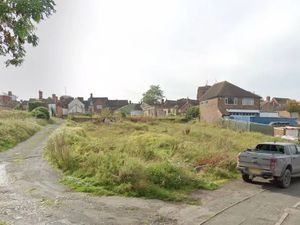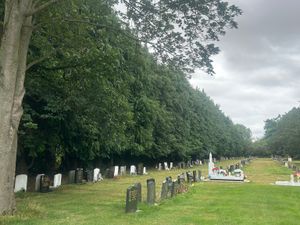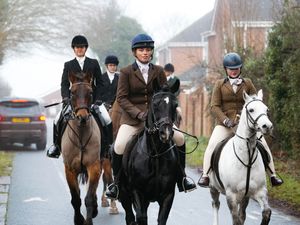Shropshire students' work shows primate behaviour changed as zoos closed in lockdown
Experts at a Shropshire university took part in a study to find out more about the behaviour of primates when zoos and safari parks were closed to the public during the first Covid-19 lockdown.
Research involved experts in animal behaviour at Newport's Harper Adams University, Nottingham Trent University and the University of Wolverhampton.
The team investigated how the behaviour of bonobos, chimpanzees, western lowland gorillas and olive baboons changed as visitors began to return to zoos after prolonged and repeated periods of closure.
Bonobos, chimpanzees and gorillas were observed at Twycross Zoo, while baboons were monitored at Knowsley Safari
Among the things researchers found was when visitors returned that bonobos and gorillas spent less time alone and gorillas spent less time resting.
In addition, chimpanzees ate more and engaged more with their enclosures when the zoo was open.
The team believed that while it can be difficult to accurately state whether experiences were positive, negative or neutral for individual animals, the return of visitors appeared to specifically stimulate the chimpanzees and baboons.
Similarly, bonobos and gorillas spending less solitary time could be seen as positive, although the reduction in resting behaviour in more sedentary gorillas could also suggest they were disrupted by visitors, the researchers said.
Dr Ellen Williams, a zoo animal welfare researcher at Harper Adams University, said: “Our study showed the varied ways in which visitors can influence the behaviour of primates in captivity.
"Behavioural changes and changes in enclosure use in the presence of visitors highlights the adaptability of zoo species to their environments. Provision of environments which enable animals to actively adapt in this manner is really important for their welfare.
“This collaborative study was really important in enabling us to understand the impacts of the closures on zoo animals. Future work could involve looking at the impact on a wider range of species in both zoos and safari parks as well as differences among individual animals.”





